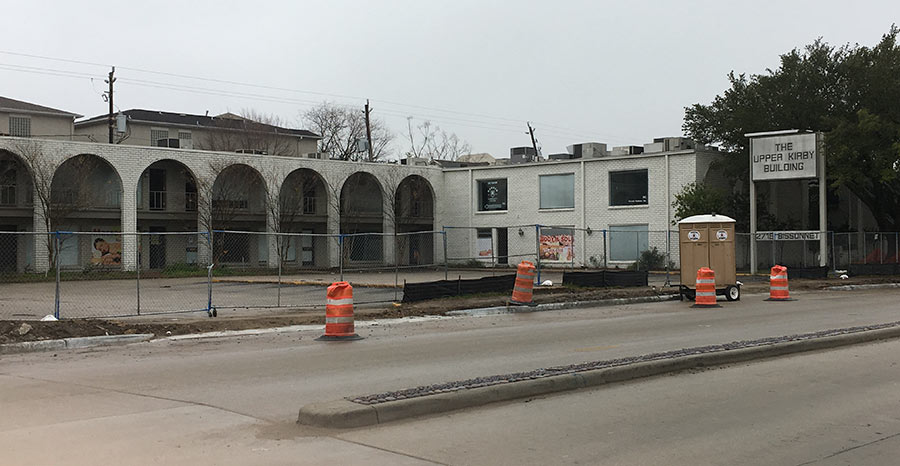NO MONEY DOWN — FOR DOCTORS Who’s still able to get jumbo mortgages from banks with no down payment required? Why, borrowers in “lucrative professions” of course, explains Nancy Sarnoff. She profiles a CPA and a tax attorney who were recently offered a million-dollar loan with no money down and no mortgage insurance requirement — from BBVA Compass — to help them purchase their West University home. Among the more prized groups for such “professional mortgages”: doctors and dentists. Such programs are often targeted toward cash-poor graduates just out of medical school, and don’t take student loan payments into account.” [Houston Chronicle]




I am an attorney and looked into these mortgages last year. I had a couple months off between a job that wrapped up in August and new job that began in November; I wanted to buy a house and get settled in the break. The Compass “professional mortgage” requires no money down, but it is an adjustable rate. Bizarrely, Compass was happy to give me the professional mortgage but said I was unqualified for a standard, fixed-rate mortgage—even though I wanted to put a full 20% down—because I was technically unemployed and couldn’t provide pay stubs from my new job.
No doubt the “unprofessionals” are being offered the “adjustable” rate as well although of course they have to have a down payment. No one in this country pays attention to what happened to the housing market. What happened was the ARM.
The general rule of financing a house hasn’t change much. As rates go lower, qualifications for fixed-rate go higher.
Dr. Brown might be a good bet.
Money down means far less in loans (like these) where the bank can seek more than the collateral to satisfy its claim. The more important information is the earning potential and debt load of the borrower. It’s weird that they don’t consider student loans, especially considering the incentive to pay those off right before declaring bankruptcy if things turn bad.
@1 I don’t think it’s bizarre at all. The documentation requirements are all about Fannie and Freddie and have nothing to do with a real market, so illogical results are the norm.
@4 I don’t know that much about the process, but my understanding is that the Fannie & Freddie requirements only apply if the loan is going to be resold up the chain. When I talked to Compass, they told me that I didn’t have to put money down/provide pay stubs for the ARM mortgage because they hold them locally, but that they “wouldn’t warehouse” a traditional 20%-down, fixed-rate mortgage. I tried and failed to get an explanation for why they would locally hold and take the full risk on the far more problematic loan.
FWIW, other companies were willing to give me a standard mortgage. They said they would hold my mortgage locally for a few months, and when my paystubs did come in, they would add them to the file so they were Fannie/Freddie-complaint for resale.
*compliant